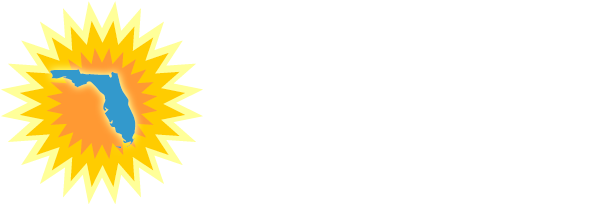Miami Beach City Commission to vote on resolution to “protect and promote” reproductive rights [They passed it!]
By Mitch Perry
Florida Phoenix
Saying that they want to send a clear message to lawmakers in Tallahassee that communities in Florida oppose efforts to restrict abortion, the Miami Beach City Commission is poised to vote on a resolution Wednesday which will invite other Florida cities to join them in “safeguarding and promoting access to reproductive healthcare and abortion rights.”
Trump abortion restrictions effective immediately
By Ricardo Alonzo-Zaldivar
Associated Press
Taxpayer-funded family planning clinics must stop referring women for abortions immediately, the Trump administration said Monday, declaring it will begin enforcing a new regulation hailed by religious conservatives and denounced by medical organizations and women’s rights groups.
Here’s How Trump’s New Abortion Restrictions Could Affect You
By Andrea González-Ramírez
Refinery29
President Donald Trump’s Department of Health and Human Services (HHS) announced Monday it has started to enforce its “domestic gag rule,” which blocks health providers that offer abortion or even discuss it with patients from receiving federal funding via the Title X program.
Who Will Be Planned Parenthood’s New CEO? Alexis McGill Johnson Is Leading The Organization
By Celia Darrough
Bustle
In an unexpected announcement Tuesday afternoon, Planned Parenthood said its new CEO, Dr. Leana Wen, would be stepping down after less than a year in the role.
Southern states funnel public money to fake abortion clinics
By Sarah Moore
Facing South
Nine states, six of them in the South, have passed admittedly unconstitutional abortion bans this year with the express aim of challenging the right to terminate a pregnancy as established in the U.S. Supreme Court’s 1973 Roe v. Wade decision.
Where Roe v. Wade Matters Most
By Quoctrung Bui, Claire Cain Miller and Margot Sanger-Katz
New York Times
Tammi Kromenaker runs the Red River Women’s Clinic, the only clinic that provides abortions in North Dakota.
This Abortion Drug Is Safe And Effective. Why Can’t You Buy It In A Pharmacy?
By Molly Redden
Huffington Post
A first-of-its-kind study underway in California and Washington state could pave the way for the Food and Drug Administration to make mifepristone, the most widely used abortion drug in the United States, available at pharmacies.
The GOP’s nightmare scenario is playing out in its Obamacare lawsuit
By Jon Healey
South Florida Sun Sentinel
Either one of those outcomes would force GOP candidates to defend the attack on a law that grew more popular the closer congressional Republicans came to repealing it. A partial repeal that killed the protections for preexisting conditions would be the worst of all for Republicans, given the public’s overwhelming support for those provisions.
Medicaid expansion would save Florida millions in state dollars
By Anne Swerlick, Florida Policy Institute
Tampa Bay Times
Thanks to the Affordable Care Act, about 1.2 million fewer Florida residents were uninsured in 2017 than in 2013, the year before major provisions of the landmark federal health law went into effect.
Distance traveled to obtain clinical abortion care in the United States and reasons for clinic choice
By Liza Fuentes and Jenna Jerman
Guttmacher Institute
Greater distance to abortion facilities is associated with greater out-of-pocket costs, emergency room follow-up care, negative mental health, and delayed care among U.S. abortion patients.
Characteristics of immigrants obtaining abortions and comparison with U.S.-born individuals
Sheila Desai, Ellie Leong and Rachel K. Gones
Guttmacher Institute
Little information exists about individuals born outside of the United States who seek abortion services from U.S.-based providers. Baseline data are necessary to identify future changes in the profile of this population.
Shoring Up Reproductive Autonomy: Title X’s Foundational Role
By Kinsey Hasstedt
Guttmacher Institute
The Title X national family planning program was established in 1970 with the express intent of addressing inequities in access to contraceptive and related services.
